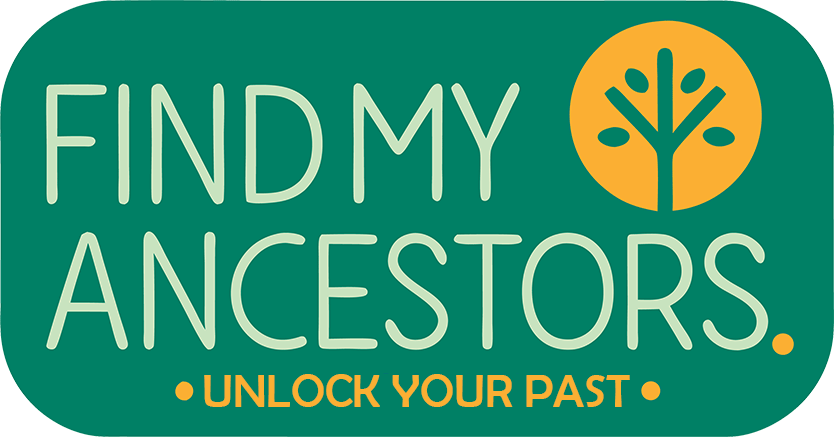You’re searching the census, expecting to see your ancestor listed neatly with their family, but the record just isn’t there. You check again. And again. Still nothing. If this sounds familiar, you’re not alone.

Many beginners run into this problem when tracing their family tree. Census records are incredibly useful, but they aren’t perfect. There are several reasons why someone might not appear where, or even when, you expect them to.
In this article, we’ll explore the most common reasons why your ancestor might not be in the census and what to try next.
A quick recap: what is the census?
The UK census is a population count taken every ten years, starting in 1801. The ones most useful to family historians are from 1841 onwards, when personal details like names, ages, occupations, and birthplaces were included.
These records help you trace where your ancestors lived, who they lived with, and how their lives changed over time.
But sometimes a person seems to vanish from one or more census years. Let’s look at why that might happen.
Reason 1: Their name was recorded differently
Spelling was not consistent in the past. Census takers wrote names down as they heard them, and people often couldn’t read or spell their own names to correct it.
- “Catherine” might be listed as “Katherine,” “Cathrine,” or even “Kate”
- Surnames like “MacDonald” could appear as “McDonald,” “Macdonell,” or “McDonnell”
- Some names were anglicised or changed over time, especially in Irish or Gaelic-speaking communities
Tip: Try wildcard searches. Many genealogy sites let you use a * to replace part of a name (e.g. “McD*nald”).
Reason 2: They weren’t at home on census night
The census only records where people were on that specific night. If your ancestor was away from home, perhaps working, visiting relatives, in hospital, or even travelling, then they’ll appear at a different address.
Common situations include:
- Servants living in another household
- Sailors at sea
- People staying in hospitals, asylums, or prisons
- Children visiting grandparents or other relatives
Tip: Try searching with just a name, approximate age, and birthplace, leaving the location field blank to see wider results.
Reason 3: Their household was missed or misrecorded
Although census takers tried to be thorough, some areas were missed, especially in rural locations or during poor weather.
Other problems include:
- Pages damaged, lost, or not filmed properly during digitisation
- Households recorded but then not indexed correctly
- Illegible handwriting leading to errors in transcription
Tip: If the record exists but isn’t showing up in your search, browse the census by parish or district instead of using the search form.
Reason 4: They used a different name
People didn’t always use their full or legal names in daily life. A person listed as “John Smith” in one census might appear as “Jack Smith” or “J. Smith” in another. Women might be listed under their maiden name, married name, or even as “Mrs [Husband’s Name].”
Also, children born outside of marriage may be listed under the mother’s surname or under a stepfather’s name in later years.
Tip: Keep a list of name variations and possible aliases for each ancestor.
Reason 5: They weren’t in the country
Emigration was common, especially from Scotland and Ireland. If your ancestor left the UK between census years, they may simply not be present.
Some people also returned home later in life, so you might find them again in a later census.
Tip: If someone disappears from UK records, try looking at US, Canadian, Australian, or New Zealand census collections too.
Reason 6: They died between census years
Census records are taken every ten years, which means a lot can happen in between. If your ancestor died shortly before census night, they won’t appear at all.
If they were elderly, sick, or missing from earlier records, it’s worth checking death or burial records for confirmation.
Not finding your ancestor in the census can be frustrating, but it doesn’t mean they weren’t there. People moved, names changed, records got lost, and sometimes the system simply didn’t catch everyone.
Genealogy is about solving puzzles, not finding perfect records every time. Keep an open mind, try different strategies, and use what you do know to keep exploring and remember, even a missing census record can teach you something.
